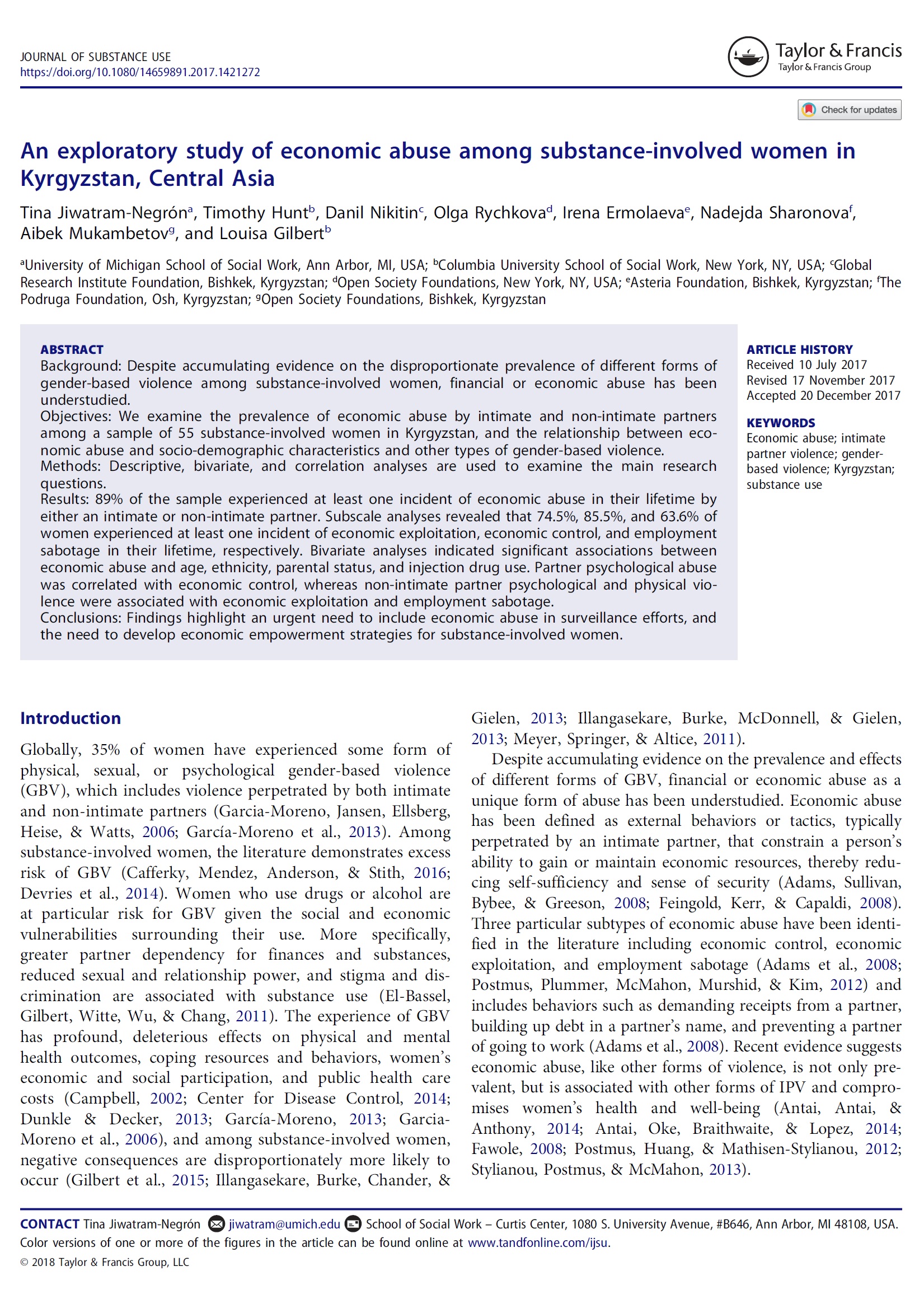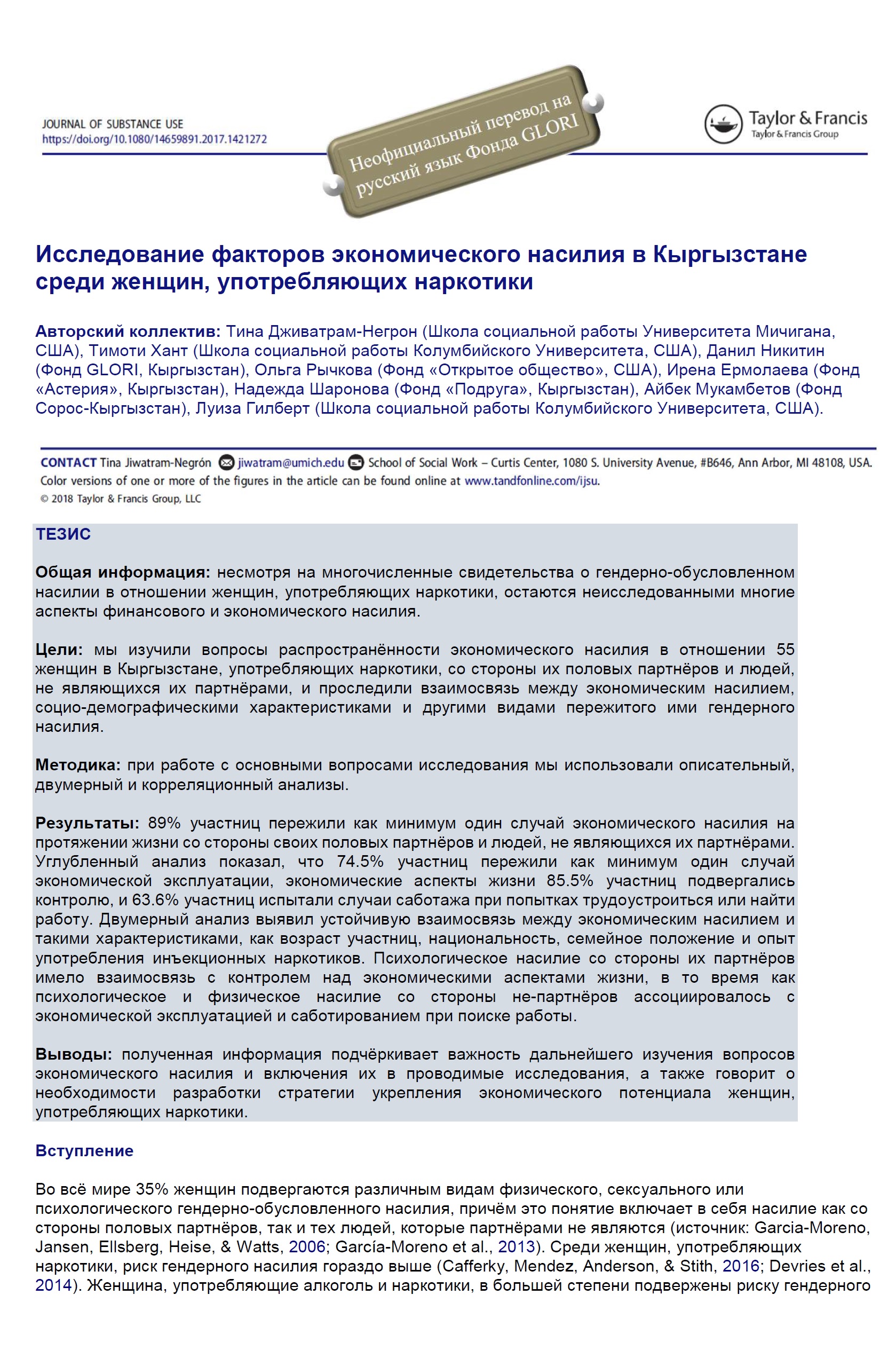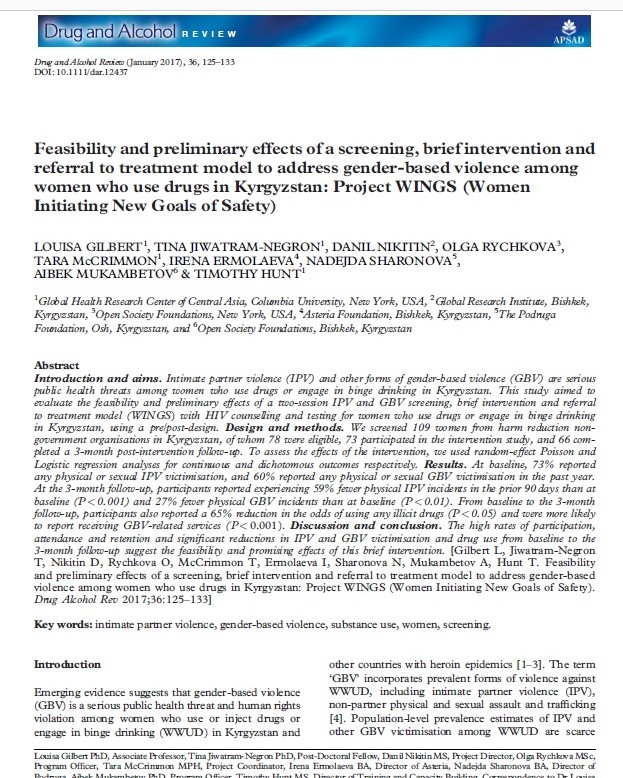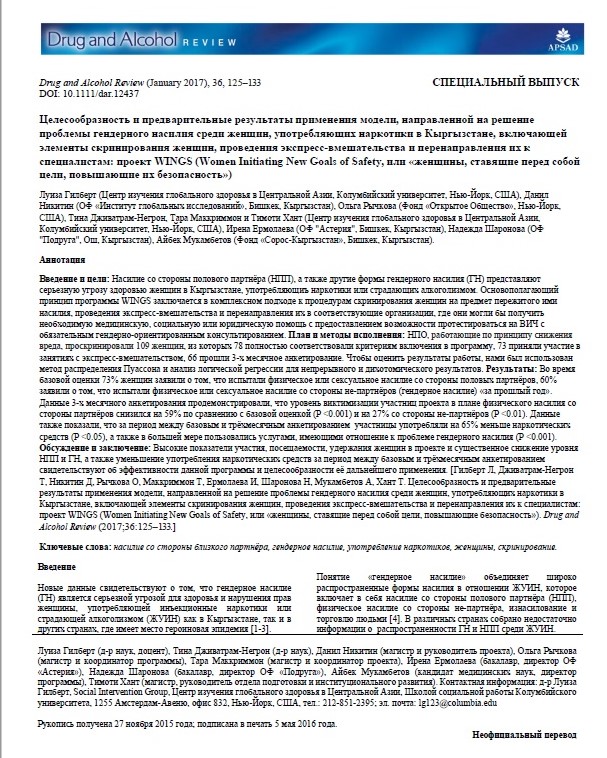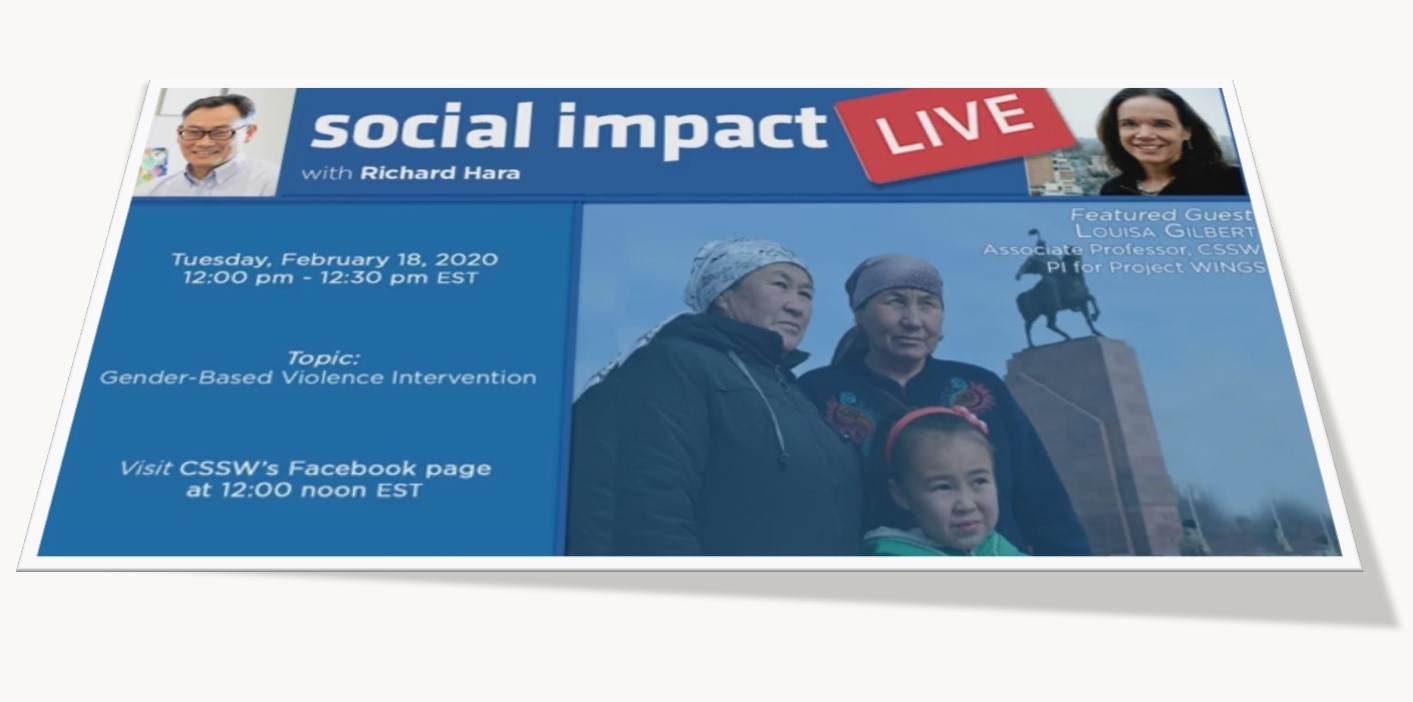A few answers to common questions regarding WINGS and SUNFLOWER:
Organizations introduce new programming for multiple reasons and need the support of others. If you want to try adapting the WINGS model to your agency’s context and implement it, you will for sure have all support from the agencies that were able to implement the project and are ready to share their unique experience. As pioneers, they had to scrape through many challenges. However, now they get an opportunity to help their peers who decide to join the WINGS family.
WINGS considers the level of complexity of the context of gender-based violence in the country and the stigma and discrimination that women who use drugs and provide sex services face. The harder the situation and the stronger the stigma, the more effort may be required to implement the project. Please contact us to discuss your specific situation.
Projects utilizing the WINGS model are based on a chain of basic components, which were described earlier. Briefly, the model includes brief psychoeducation about gender-based violence, identification of risk and victimization through screening developing a safety plan, and referring clients to appropriate service-providers to meet other identified goals. Clients are also offered optional HIV testing, with gender-oriented consultation. This approach is called SBIRT in English and stands for Screening, Brief Intervention, and Referral to Treatment.
The SBIRT model is comprised of several key core components that are woven into different intervention activities that take place in two sessions which occur over a 7-10 days period. may be adapted for other. The scope of topics and adaptation will depend on the support of the partners involved in piloting this initiative.
An alternative to meeting at an office could be to use private minibus in which facilitator come to the area where the participants are, and conduct sessions in the bus on the spot. This approach is more expensive though. It will demand additional budget line, and most likely the required money will have to be saved from other project activities.
Project staff working for “Wings of Hope” in 2013, 2014 and 2016, as well as WINGS SUNFLOWER in 2019 and 2020, were not only professional psychologists but also peer case managers, lawyers, social workers and journalists. Analysis of collected data demonstrated equal degree of success of all employees, regardless of their professional background. In USA, the specialists of WINGS have at least MSc degree. In India, the Pankh staff are people with secondary and higher education.
The organizations, which do not have employees with University degree in psychology or pedagogy, can apply the referral system through which participants can receive services of higher educated and skilled professionals at other partner organizations.
At the same time, non-governmental organizations can also depend on their work context. For example, if building, where their office is located, is served by a centralized security system that activates at a particular hour, it will be important to take this into account when planning the meetings’ schedule. If these organizational issues are resolved, then woman can easily decide which of the two types of organizations it is better to apply to for help, because now a lot will depend on whether the employees will show the empathy and tolerance, about which we wrote above.
In Kyrgyzstan and India, the project is implemented by NGOs, whereas in USA it was ran by state structure SAMHSA that networks organizations providing narcological and mental health services.
As a part of intervention, important steps were discussed that participants could take to prevent their own overdose or help other victims – for instance, participants agreed that, if they do drugs, it’s important not to do them alone and not use alcohol before injecting drugs (they would be safer if they inject first because it is easier to measure how much they drink than how much they inject).
We helped participants to make a list of individuals with whom they would feel safe when doing drugs, and they agreed that if they can teach these skills to the people in heir community, they may be able to prevent their own overdose. They also agreed that they should call for an ambulance in the case of an overdose because it is important to have trained medical professionals assess the condition of the overdose victim. We brainstormed various scenarios of such calls and discussed the reason why people are reluctant about calling an ambulance – through rehearsing several models of communication with ambulance, we identified the ones that would minimize risk of police involvement.
The overdose prevention component is just one of several elements that were not there in the US version of WINGS but appeared quite applicable and efficient in the Kyrgyz-specific WINGS-based projects.
Through the link below you can find comprehensive guidelines on how to access the English version of the article published in 2018 in the Journal of Substance Use that examines the prevalence of economic abuse by intimate and non-intimate partners among a sample of 55 substance-involved women in Kyrgyzstan, involved in the WINGS of Hope study, and the relationship between economic abuse and the women’s socio-demographic characteristics and other types of gender-based violence:
GLORI Foundation prepared an informal translation of the article published in 2018 in the Journal of Substance Use that examines the prevalence of economic abuse by intimate and non-intimate partners among a sample of 55 substance-involved women in Kyrgyzstan, involved in the WINGS of Hope study, and the relationship between economic abuse and the women’s socio-demographic characteristics and other types of gender-based violence. The Russian version of the article can be found through the following link:
Download the English version of the article with WINGS of Hope Year One overview and findings published in the Drug and Alcohol Review journal in 2017:
Download the Russian version of the article with WINGS of Hope Year One overview and findings published in the Drug and Alcohol Review journal in 2017:
This video was recorded on February 18, 2020, during the Social Impact event at Columbia U School of Social Work. In the video Dr Louisa Gilbert is sharing her advanced experience of implementing WINGS model in different countries:


















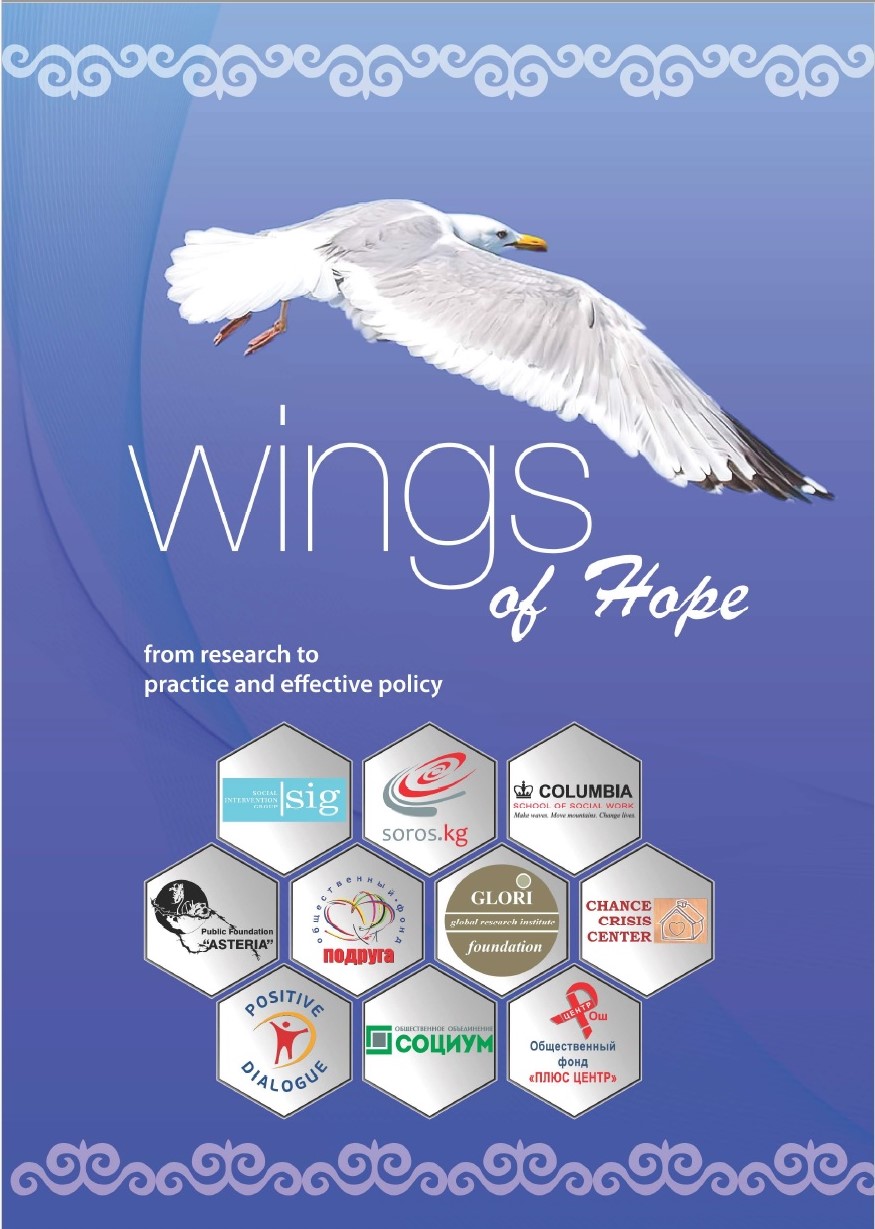 Please visit the page with the WINGS of Hope Consolidated Report with 3-year findings >>>
Please visit the page with the WINGS of Hope Consolidated Report with 3-year findings >>> 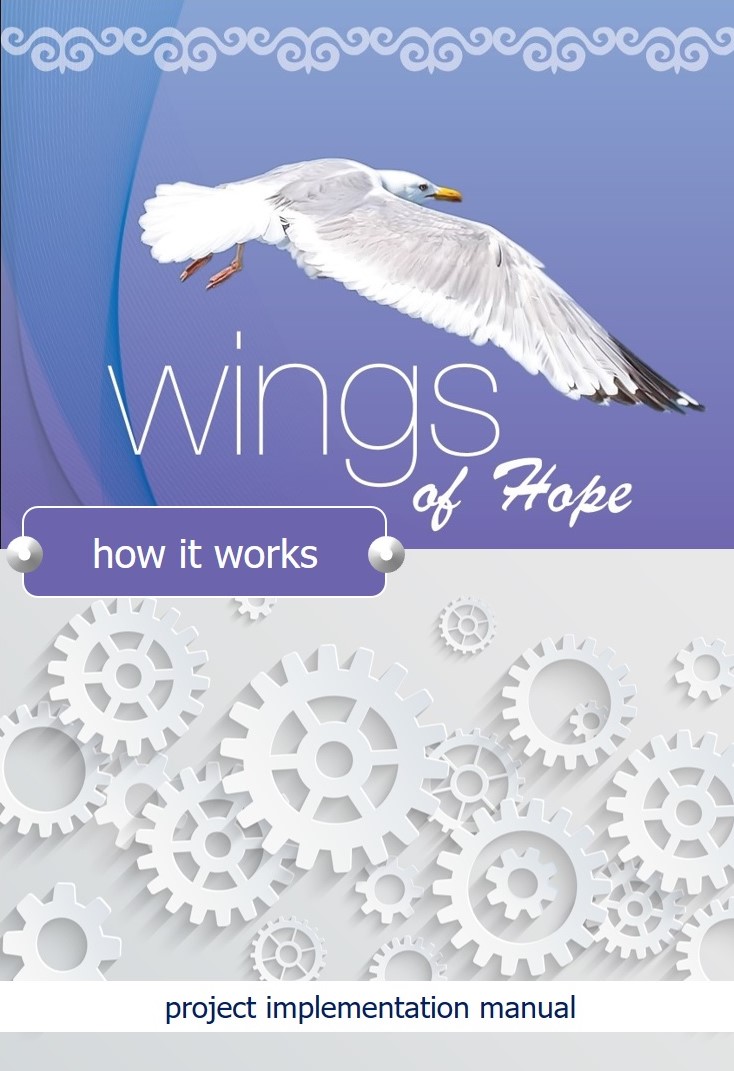 Please visit the page where the WINGS of Hope Implementation Manual can be reached >>>
Please visit the page where the WINGS of Hope Implementation Manual can be reached >>> 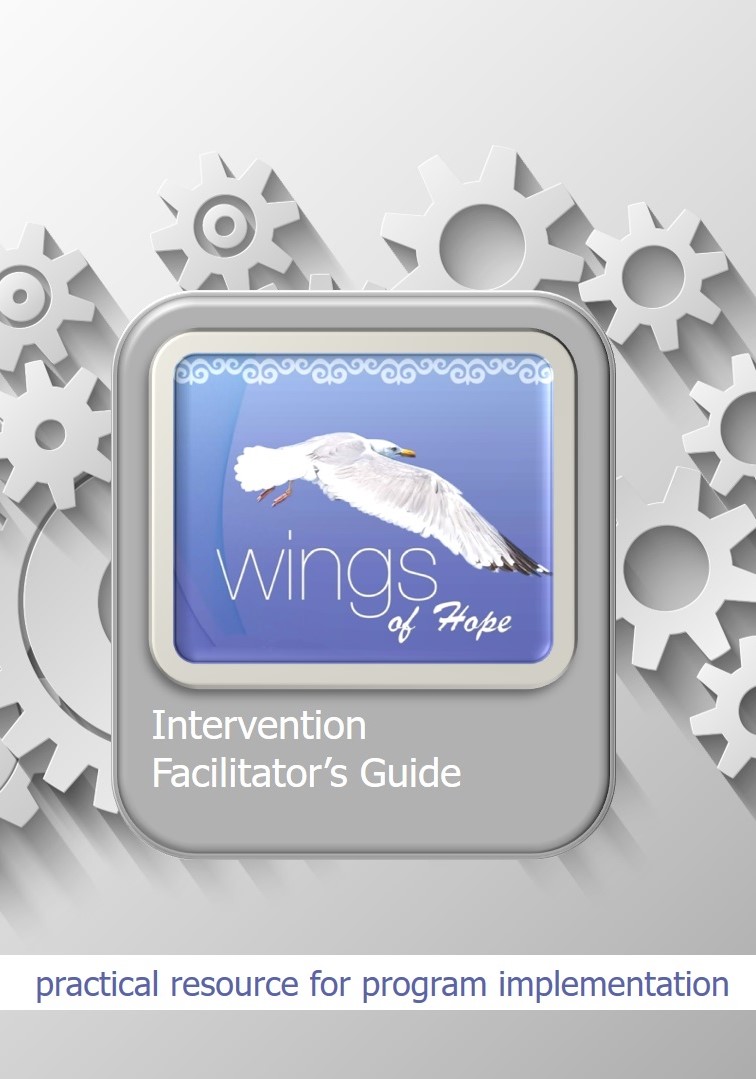 Please visit the page where the WINGS of Hope Intervention Facilitator’s Guide can be found >>>
Please visit the page where the WINGS of Hope Intervention Facilitator’s Guide can be found >>> 